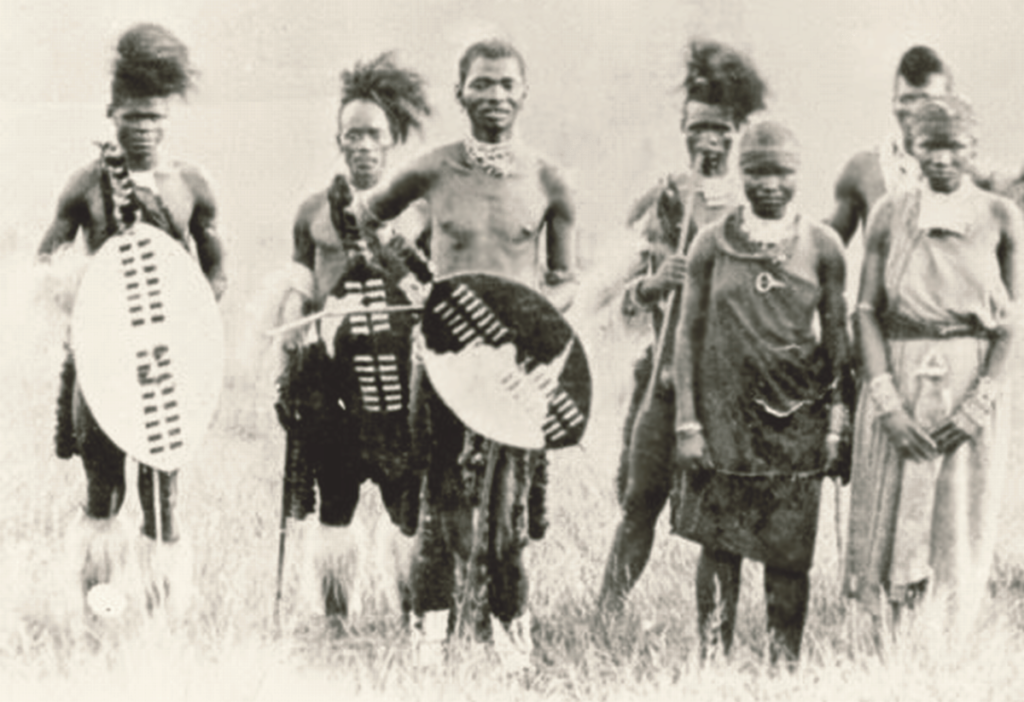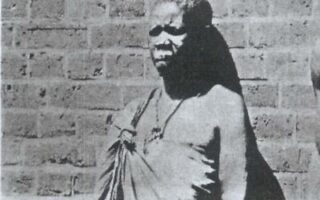South Africa

The Bambatha Rebellion (or the Zulu Rebellion) of 1906 was led by Bambatha kaMancinza (c. 1860–1906?), leader of the Zondi clan of the Zulu people, who lived in the Mpanza Valley (now a district near Greytown, KwaZulu-Natal) against British rule and taxation in the Colony of Natal, South Africa.
Bambatha had occasionally been in trouble with the Natal colonial administration, and the authorities suspected that he had joined with other chiefs in expressing discontent over the tax. He was summoned to Greytown, but, fearing arrest, did not attend. He realised that the administration was intent on crushing dissent and fled to Zululand to consult with King Dinizulu. Bambatha returned to the Mpanza Valley to discover that the Natal government had deposed him as chief. He gathered together a small force of supporters and began launching a series of guerrilla attacks, using the Nkandla forest as a base.
The British troops succeeded in getting face to face with and surrounding the rebels at Mome Gorge. As the sun rose, British colonial soldiers opened fire with machine guns and cannon, on rebels equipped mostly assegais (spears), knobkerries (fighting sticks) and cowhide shields. It was reported that Bambatha had been killed in action by Natal government forces, but this claim was disputed by his supporters, who believed that he fled to Mozambique.
